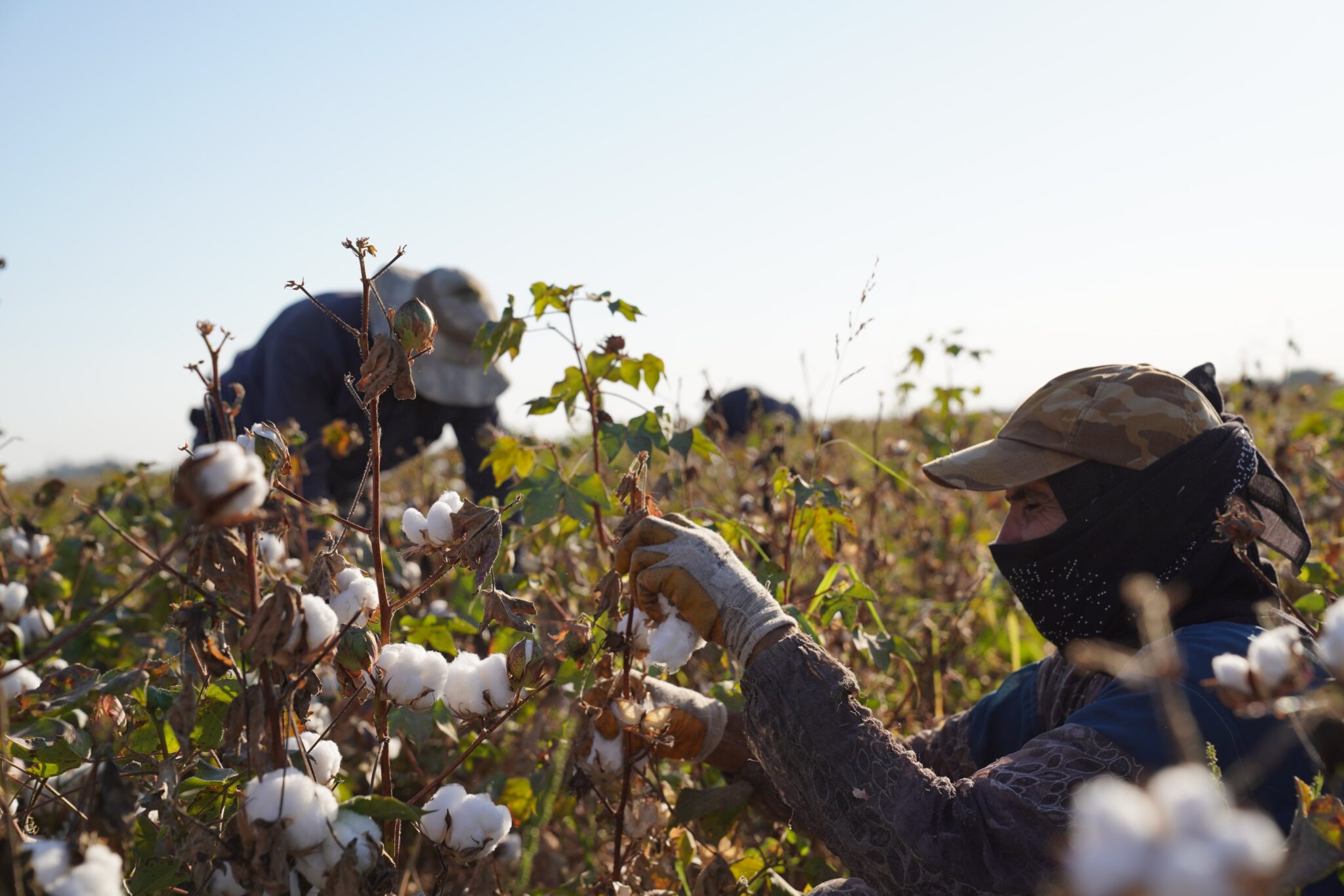The European Commission released in February the Omnibus Simplification Package, a proposal which would significantly reduce the scope and reach of the Corporate Sustainability Reporting Directive (CSRD) and the Corporate Sustainability Due Diligence Directive (CSDDD). Last week, the European Parliament voted in favour of the postponement of the implementation of these two pieces of legislation.
Today, OCA is joining a collective effort led by Fair Trade Advocacy Office (FTAO), calling on the European Union to ensure that simplification does not compromise the positive impact the original CSDDD would have had on the livelihoods of smallholder farmers.
We believe that all actors in a sustainable supply chain, particularly farming communities, need to be empowered to access their rights and secure decent working conditions. This is in-line with the principles of our Decent Work Strategy. By mandating companies to conduct risk-based human rights and environmental due diligence (HREDD), the original CSDDD had the potential to advance the socio-economic development of farming communities. Addressing both the social and environmental impacts of global supply chains, the original CSDDD promoted risk management practices and ensured a level playing field for sustainable business practice.
Weakening the scope of due diligence implementation to direct business partners risks leaving smallholders in tier 4 unprotected.
While we support the European Commission’s efforts to streamline regulations, we are concerned about the specific changes in the Omnibus proposal that risk undermining the core principles of responsible business conduct, particularly the protection and inclusion of smallholder farmers in global supply chains. The joint position outlines key recommendations, including:
- Maintain a comprehensive scope for due diligence implementation and reporting obligations. It is crucial that CSDDD is implemented across all tiers of the supply chain in a way that reflects the realities on the ground for farmers, producers and all supply chain actors.
- Preserve a Risk-Based Approach and ensure alignment with international standards (i.e., the OECD Guidelines and the UN Guiding Principles on Business and Human Rights). We believe EU legislation should build on business expertise and leverage business practice (i.e., existing tools and initiatives) on the implementation of due diligence obligations.
- Incentivise stakeholder engagement at relevant stages of the supply chain and the due diligence process, supported by NGOs. NGOs play a vital role in strengthening due diligence by consolidating information, facilitating local stakeholder engagement, and amplifying the voices of those impacted by corporate value chains. Their local expertise and credibility are essential for inclusive, context-sensitive approaches to human and environmental rights.
We urge co-legislators to uphold the core elements of CSDDD to ensure it delivers meaningful improvements to the living and working conditions for millions of smallholders, while advancing supply chain resilience.
OCA will continue working to protect organic cotton farmers, farm workers, and their communities, using our field presence to ensure access to rights and decent working conditions through our Farm Programme and our Decent Work Strategy.
Read the joint position paper here.
To get in touch with OCA’s Public Affairs team, reach out to: comms@organiccottonaccelerator.org.


